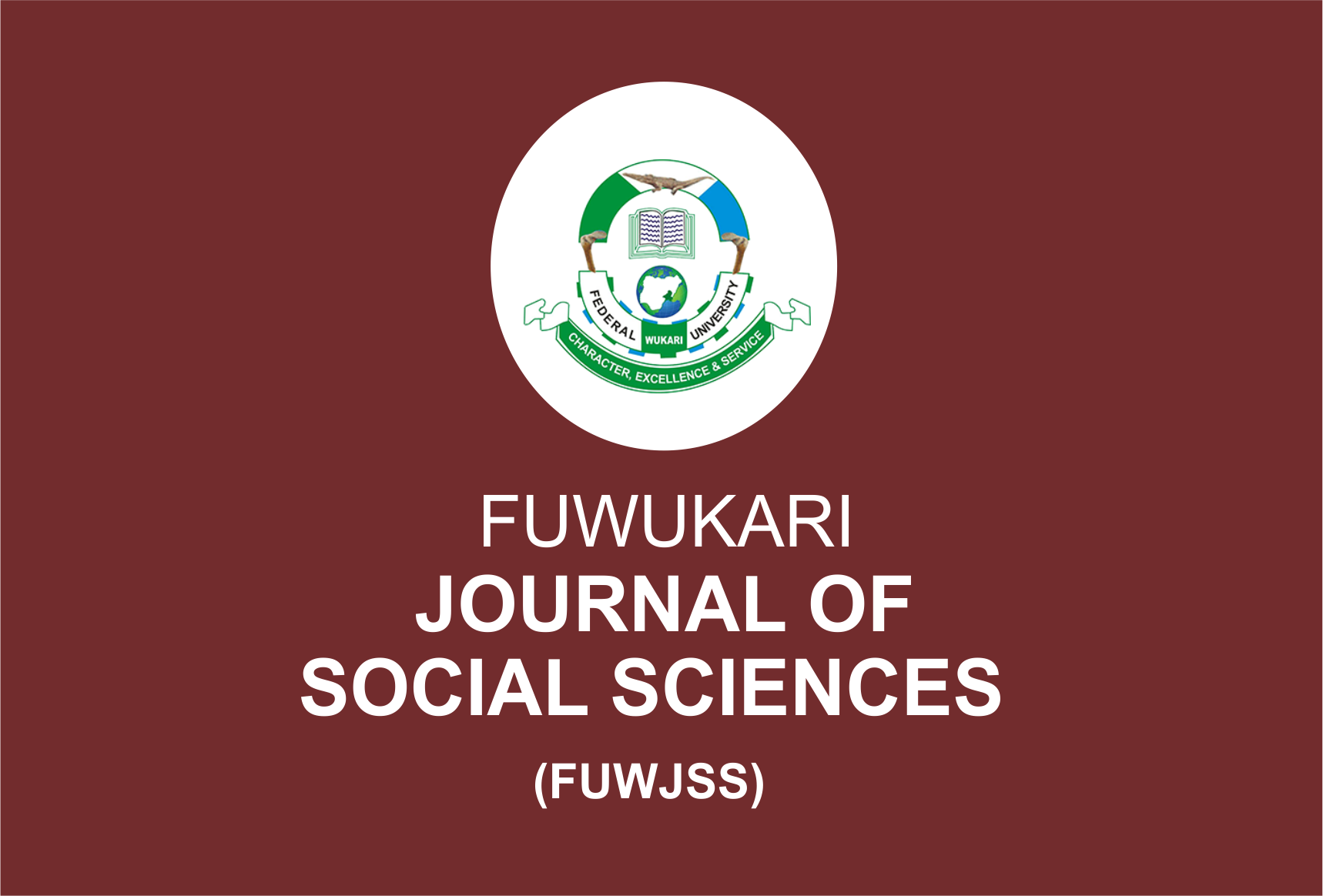Complications Of Social Distancing And COVID-19 Pandemic In Nigeria
Frank Ikponmwosa, Thaddeus T. Ityonzughul
Keywords: Social structure, COVID-19; Pandemic; Distancing; Post-COVID
Abstract
The coronavirus popularly referred to as COVID-19 pandemic which broke out in 2019 took the world by storm and altered human social and economic life in both the advanced and developing nations. At its outbreak, people had to grapple with the reality of the social and economic changes which it ushered. In explicating these changes, this paper interrogates the
implications of social distancing and COVID-19 pandemic in Nigeria. The paper specifically examines how framings of social distancing complicated and confused government policies and social interactions at abating the spread of the disease in Nigeria. Evidence for the paper emerged through primary and secondary sources and the social distance theory forms the
theoretical lens through which analyses in this paper were based. Findings indicate that the COVID-19 pandemic exposed the pathetic nature of the Nigerian healthcare system. Also, social distancing restriction imposed by the respective state governments and the federal government of Nigeria as a means of curbing the spread of the virus created food crisis as there was the absence of any meaningful palliative from the government. The paper concludes that the Nigerian State would still be negatively impacted in future pandemics except social structures within the Nigerian society are strengthened to withstand shocks of uncertainties and emergencies.
Author Biography
Frank Ikponmwosa
Department of History and International Studies
University of Benin, Benin City, Nigeria.
Thaddeus T. Ityonzughul
Department of International Studies and Diplomacy
Benson Idahosa University, Benin City, Nigeria.

